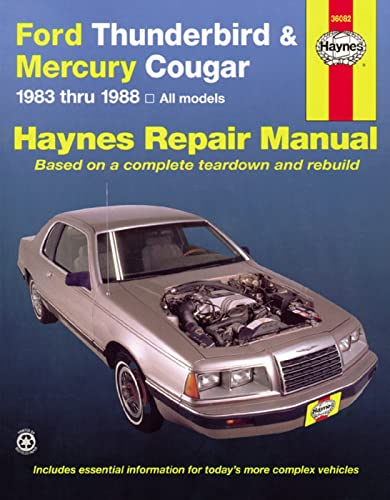| Construction Rating: | starstarstarstarstar_border |
| Flight Rating: | starstarstarstarstar |
| Overall Rating: | starstarstarstarstar_border |
| Manufacturer: | Mercury Engineering  |

Brief:
This is a basic 4 fin minimum diameter 24mm rocket designed for impressive altitude performance.
Construction:
After ordering online, my kit shipped same day and arrived 2 days later priority mail (very reasonable shipping to
boot!) and carefully packed.
Parts are all very good quality with a very professional header card and sealed bag.
- Balsa nose cone
- BT-50 body tube
- Laser-cut balsa fins
- Nylon streamer
- Elastic shock cord
- Waterslide decals
Instructions were clearly written with computer-generated illustrations spanning 3 pages. This is a very easy construction job, skill level 1. Total build time in my case was under an hour plus finishing time.
As a minimum diameter rocket, there is no motor mount. Typically it would be just a centering ring slipped in as a motor block. In this case though there is a rather unusual process of mounting two centering rings, one about an inch farther forward than the aft one. The aft one is spaced to handle D motors not anything longer such as an E. I would guess the forward ring is a backup and skipped it having plenty of confidence in my glue joint. I also thought it a bit odd that for the spacing, you cut out a pattern and roll it into a tube rather than simply using a spent casing, but since it's a beginner's kit, maybe the assumption that the modeler has a spent casing would not normally apply.
With the stop(s) in place, next up comes sanding the fins and bonding them to the body tube. Tube marking is done via a marking guide on the instruction sheet--this might have been a good case for a wraparound guide, which tends to be more accurate. Note that the fins are mounted flush with the aft end of the tube so with no clip you'll need to use a good friction fit for motor retention. I mounted my fins about 1/8" forward so that I could apply a little external tape for retention.
About all that's left for construction is the paper tri-fold shock cord mount, attaching the 3/16" launch lug and the screw eye mounted to the nose cone.
Finishing:
Prior to painting, I applied a little Elmer's Fill 'n' Finish to the tube spirals and balsa fins/cone, sanded down,
then started on the paint. Two light coats of white primer, then three coats of white gloss on the body, and a couple
coats of gloss red on the nose plus top 2" of the body tube.
The waterslide decals were easy to work with and strong enough to avoid tearing. My red paint (Krylon) did not match the red of the forward decal that well, but it still looked OK. I did especially like the Atomizer name/logo decal.
Construction Rating: 4 out of 5
Flight:
For the first flight--even though there were hardly any winds--I wimped out with a C11-7 fearing that anything more
and I risked losing it visually. Good choice, as even on a C11-7 it raced pretty close to the 1000 foot estimate on the
header card. You'll definitely want a long delay on this as its low drag results in plenty of post-burnout coasting.
Recovery:
Recovery consists of a nice 2" x 60" nylon streamer, which really helps pick it up as it drifts back. That
streamer brought it back to earth in fine shape.
Flight Rating: 5 out of 5
Summary:
I like the styling of the sleek fins and cool decals, and you gotta love the performance.
The only con I'd offer up is that it's almost too quick/easy to build although that's obviously appealing to many modelers and this certainly doesn't pretend to be a challenge.
Having never seen a Mercury Engineering kit previously, I was very impressed with the quality of this kit and will definitely be buying and building more of their products in the future.
Overall Rating: 4 out of 5
Other Reviews
- Mercury Engineering Atomizer By Bob Cox (February 22, 2008)
Brief: The Atomizer is a long, thin single-stage rocket designed for high performance. Its slender minimum-diameter profile allows it to reach great heights on a 24mm motor. Normally I don't go for 3FNC or 4FNC designs. However, I had recently bought some long-burning Apogee Medalist motors and I wanted something that would really take advantage of them. The Atomizer has attractive ...
 |
 |
Flights
Sponsored Ads
 |
 |











